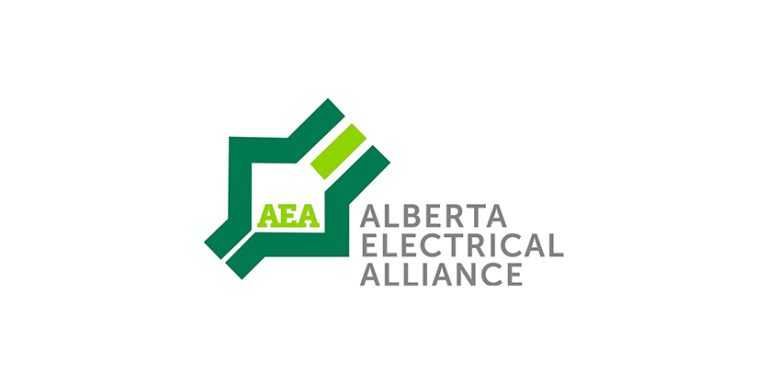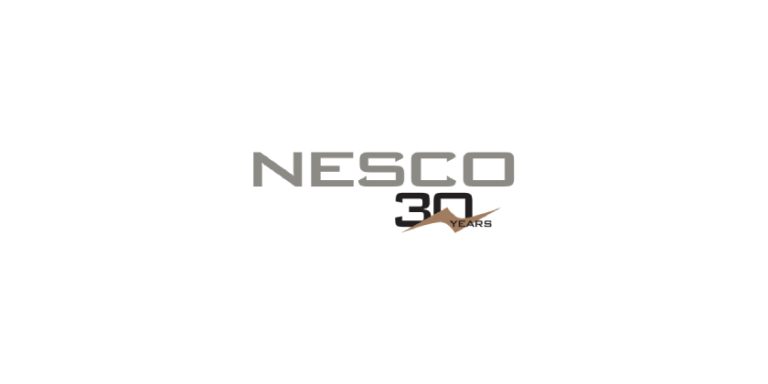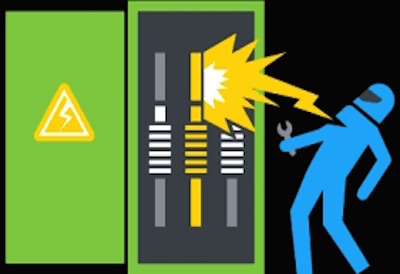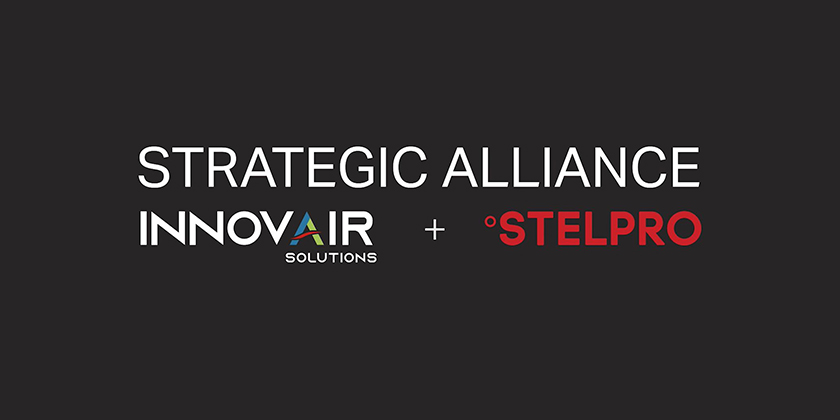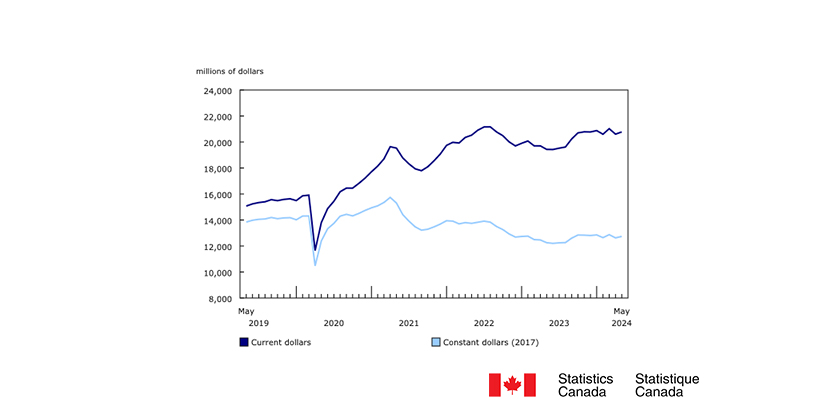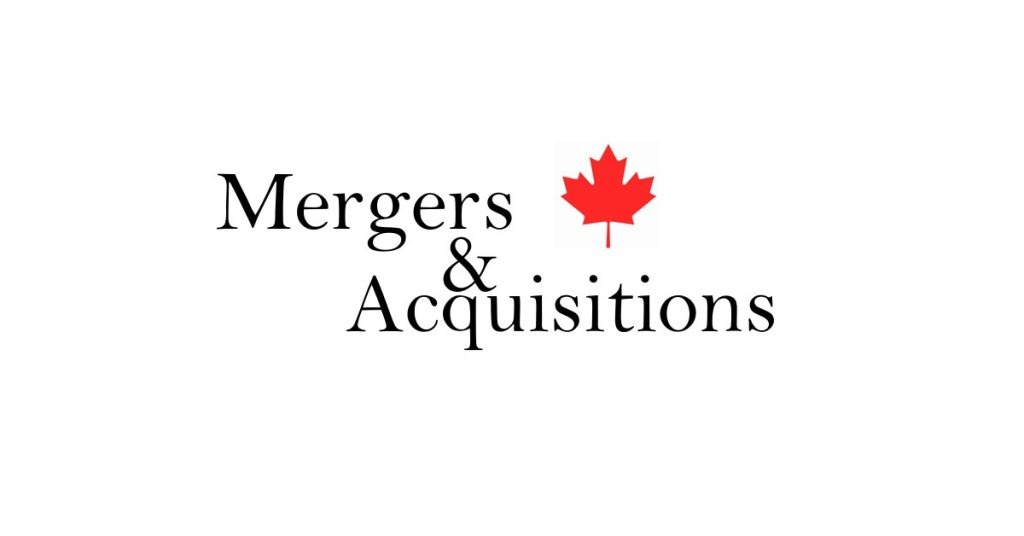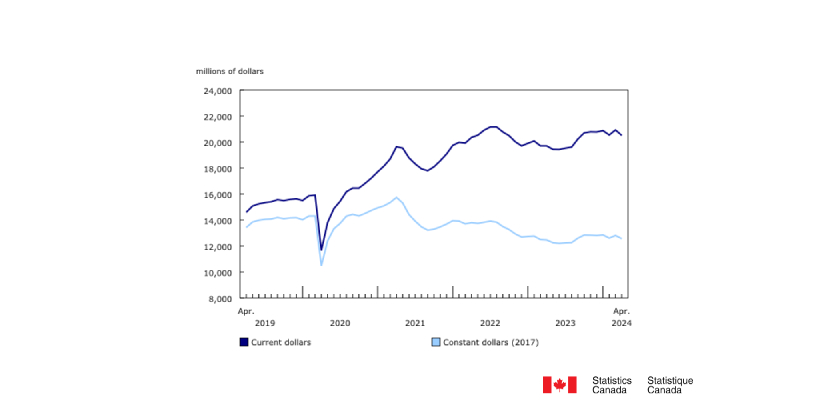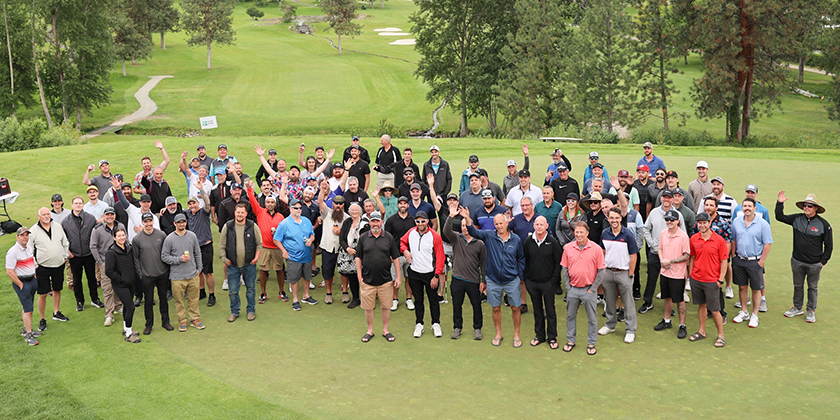Acuity Brands Announces Licensing Agreement with BIOS
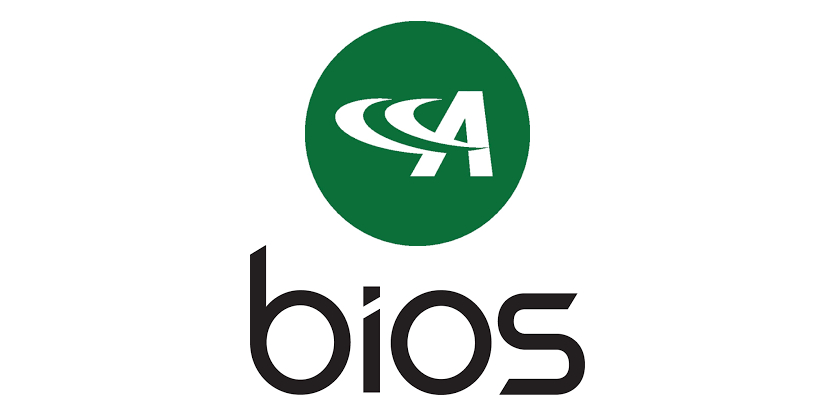
February 7, 2023
Acuity Brands, Inc. announced today that its subsidiary Acuity Brands Lighting, Inc. has entered into an agreement to participate in the BIOS ILLUMINATED™ partnership program. In connection with this agreement, BIOS will sell to Acuity Brands certain human-centric LED lighting components for use in its architectural lighting fixtures for wellness. Acuity Brands will also have the worldwide right to use the BIOS® trademark for marketing and promoting these lighting fixtures that include BIOS SkyBlue™ technology.
“We continue to see a growing demand and business case for design strategies and technologies to promote wellness. Wellness lighting, and specifically in this case circadian lighting, plays an integral role in healthy building design strategies and technologies being driven by the WELL Building Standard® and other similar certification programs and design standards,” said Rick Earlywine, SVP, Specialty Lighting Solutions, Acuity Brands Lighting. “BIOS technology, such as SkyBlue circadian lighting LED technology, is known and accepted in the market and can be incorporated into Acuity Brands products with relative ease using already developed light engines and control interface components. We are pleased to offer this technology option to the lighting specification community for projects calling for a circadian lighting solution.”
BIOS circadian LED lighting technology brings the benefits of the SkyBlue-rich daylight spectrum inside. Melanopic photoreceptors, which are photoreceptors in humans’ eyes highly sensitive to blue light, function to strengthen circadian rhythms, improve daytime alertness, and improve mood and cognition, when stimulated by the blue light at sufficient light intensity, exposure duration, and time of day. Because BIOS SkyBlue technology pinpoints its delivered blue-rich LED spectrum to match the peak melanopic sensitivity curve based on current industry metrics, it can be efficiently applied to achieve these well-being benefits. Like daylight, the BIOS technology offering provides a natural white light appearance, available in 3000K, 3500K, and 4000K correlated color temperature (CCT) options, the CCTs most often used in architectural lighting.
“We’re very pleased to have Acuity Brands as a BIOS Illuminated partner and we look forward to our future collaborations,” said Deepak Savadatti, CEO, BIOS Lighting. “What makes BIOS technology special is that it emulates the makeup of nature’s lighting spectrum, resulting in lighting products that human bodies respond to. While tunable lights are designed to color, our lights are engineered for physiology.”



